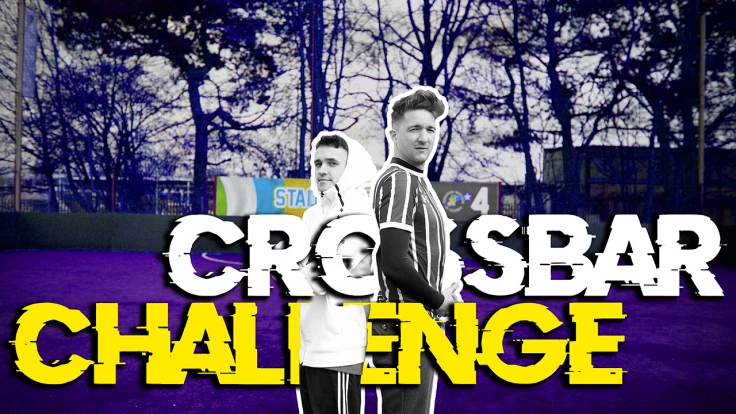The real failure is that your stroke medical 'professionals' haven't worked on and created 100% recovery protocols! SOLVE THE CORRECT PROBLEM!
Survivors don't care about 'care'; they want RECOVERY! When the hell will you start working on that?
Stroke care held back by ‘challenging’ hospital system failures, report warns
The annual report from Public Health Scotland raised concern that the potentially life-threatening condition may not be “given the same priority as other specialties” in hospitals across the country.

In two of the four stroke care(NOT RECOVERY!) bundle components – swallow screen and stroke unit admission – access has been noted as “generally poor”.
Statistics revealed the percentage of people receiving the appropriate care(NOT RECOVERY!) bundle had only slightly improved to 51.3% in 2023 from 49.9% in 2022.
However, appropriate treatment remains at one of the lowest levels since standards were revised in 2016, with the decline attributed to poor stroke unit access and fewer patients having a swallow screen recorded within four hours of admission.
There are four components to a stroke care(NOT RECOVERY!) bundle – admission, swallow screen, brain imaging and aspirin – and while not all patients are eligible for every element, the process can reduce the risks of death.
Since the Covid-19 pandemic, health boards have improved administering aspirin within a day of admission and brain imaging within 12 hours, the report said.
However, the swallow screen test within four hours and stroke unit admission on or the day after admission “remains challenging, with big fluctuations in, and generally poor, performance”.
The report noted no NHS board “does very well” in meeting the 100% standard for swallow screening, with the Scottish average of 67.7% “almost identical” to 2022 and down from 73% in 2021.
Our national statistical reports provide information on demand for/use of health and social care(NOT RECOVERY!) services in Scotland.
Latest includes:
🔹 Scottish Stroke Improvement Programme Report '24🔹 Teenage pregnancies🔹 Respiratory surveillancehttps://t.co/0pbdDDCC6c#StatsTuesday pic.twitter.com/8075U59PmK
— Public Health Scotland (@P_H_S_Official) July 30, 2024
Admission to a stroke union within one day increased from 63% in 2022 to 66% in 2023, however it remains significantly below the 82% achieved in 2019.
The report said much of the poor performance in stroke admissions “reflects larger issues with hospital flow but is also a marker that stroke is, perhaps, not given the same priority as other specialties within our hospitals”.
It said: “Data suggests that to improve outcomes for stroke patients in Scotland, each NHS board should review their stroke pathway to ensure optimal early stroke unit admission and ongoing stroke specific care(NOT RECOVERY!).”
John Watson, associate director for the Stroke Association in Scotland, said: “Stroke is one of the biggest killers in Scotland and the leading cause of adult disability, but these figures show Scotland’s health boards are still struggling to provide pre-Covid levels of stroke care(NOT RECOVERY!), with catastrophic impact on stroke survivors and their families.
“Indeed, health boards are continuing to fall well short of the standards for stroke care(NOT RECOVERY!) that have been put in place to improve patient outcomes.
“We welcome this honest appraisal that stroke services are being held back by wider hospital systems failures, as a point that everyone working in stroke can learn from as we strive to provide stroke care(NOT RECOVERY!) that will avoid people in Scotland dying and suffering life-changing disability.”
A Scottish Government spokesman said: “We have made significant progress in many areas of stroke care(NOT RECOVERY!) over the last decade. However, stroke remains a leading cause of death and disability in Scotland, and we are committed to doing more to improve outcomes for those who have suffered a stroke.
“We published our new Stroke Improvement Plan in June last year, setting out the action we are taking on preventable strokes, including increasing access to thrombectomy procedures and ensuring timely and equitable access to life-saving treatment for those who need it.”
No comments:
Post a Comment